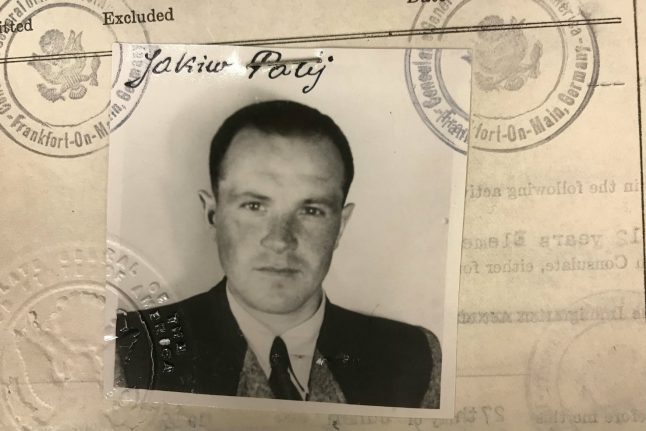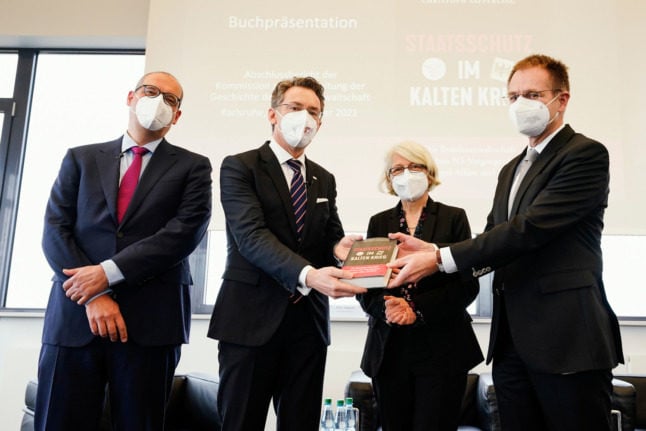“Former Nazi prison guard Jakiw Palij has died in Germany,” the US ambassador Richard Grenell tweeted on Thursday.
“Removing the former Nazi prison guard from the US was something multiple Presidents just talked about – but President Trump made it happen,” he added.
former Nazi prison guard Jakiw Palij has died in Germany. I am so thankful to @realDonaldTrump for making the case a priority. Removing the former Nazi prison guard from the US was something multiple Presidents just talked about – but President Trump made it happen.
— Richard Grenell (@RichardGrenell) January 10, 2019
Palij had been living in a retirement home in the northwestern German town of Ahlen, the Frankfurter Allgemeine Zeitung newspaper reported.
In August Germany, citing its “moral duty”, took Palij in after he was stripped of his US citizenship.
Palij had concealed his Nazi past from immigration agents when he moved to the United States in 1949, the US Justice Department said. He became American in 1957.
Washington had tried for several years to expel Palij, who had lived in Queens, New York since 1949.
Palij admitted to US federal officials in 2001 that he was trained at the Trawniki forced-labour camp in Nazi-occupied Poland during World War II in spring 1943.
In court documents, the US government said men who trained at Trawniki participated in implementing the Third Reich's plan to murder Jews in Poland, code-named “Operation Reinhard,” the statement said.
On November 3rd, 1943, more than 6,000 men, women and children incarcerated at Trawniki were shot to death in one of the largest single massacres of the Holocaust, the US Justice Department said.
By helping to prevent the escape of prisoners, Palij played “an indispensable role in ensuring that they met their tragic fate at the hands of the Nazis,” Eli Rosenbaum, then director of the Justice Department's Office of
Special Investigations, said at the time.
Palij denied the allegations.
Berlin had long refused to accept him as he did not have German nationality.
The last alleged Nazi war criminal deported by the US to Germany before Palij was John Demjanjuk, who served as a guard at the Sobibor extermination camp in occupied Poland, in 2009.
A German court sentenced him to five years in prison in 2011. He died the next year.
German justice has been criticized for its treatment of Nazi war crimes, accused of handing out lenient sentence too late to perpetrators.



 Please whitelist us to continue reading.
Please whitelist us to continue reading.
Member comments